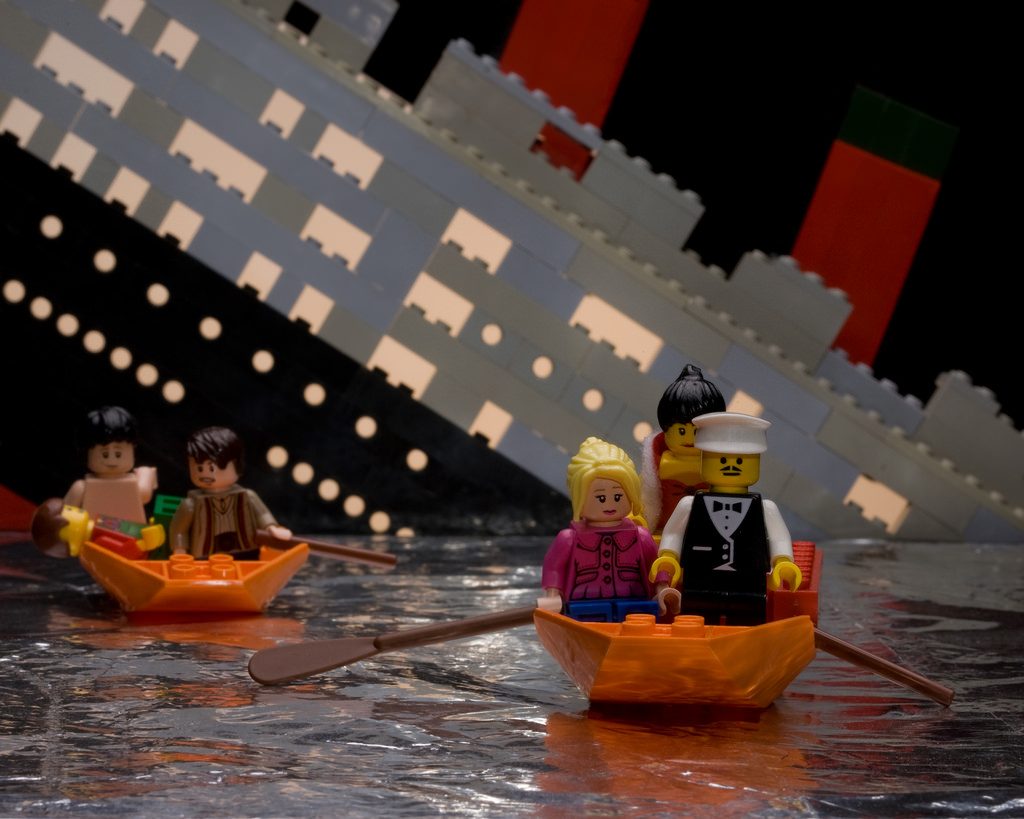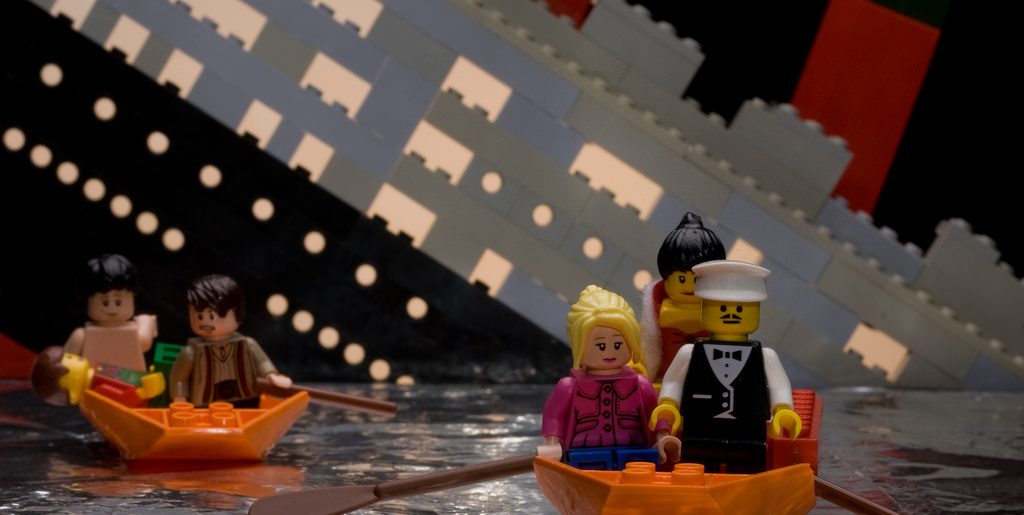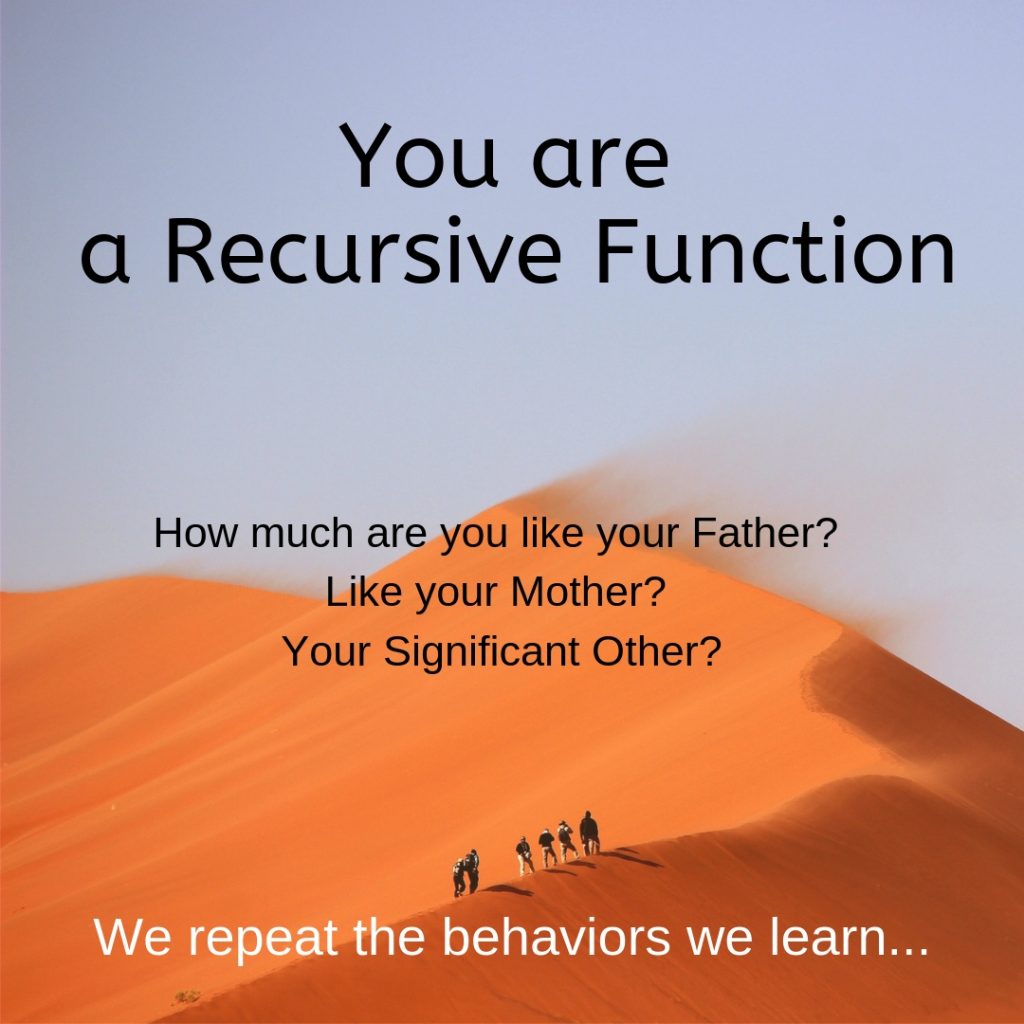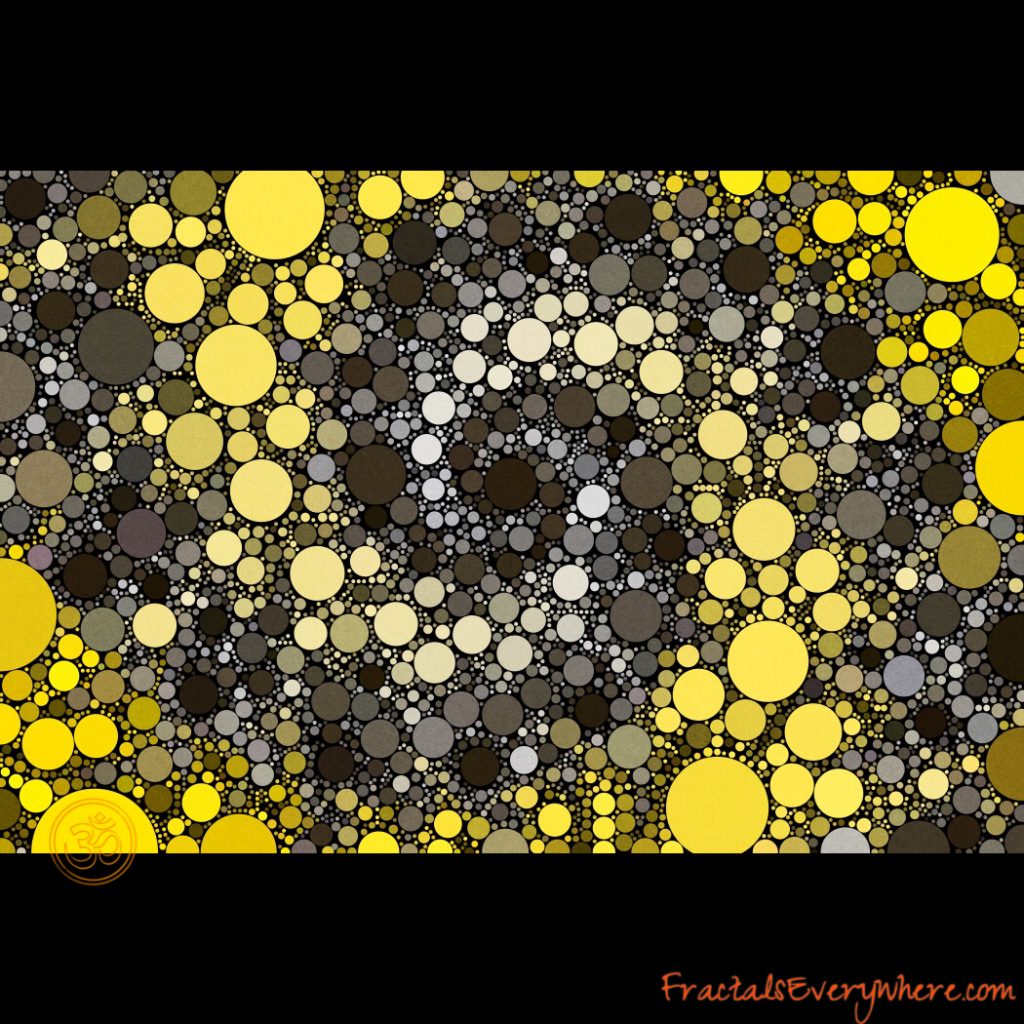So I have heard… There was a comedian on the Titanic. He was doing his act and wanted to poke people’s fears. So he started playing with an idea that the ship might go down and all the passengers would drown. Or freeze to death. Or be eaten by sea monsters…
-…think about it. We’re on this huge boat, made of steel and powered by a mighty steam engine. It looks so grand, so invincible. But what do we really know about building huge ships like that? We just started. And it’s the first of it’s size! And where do we send it? Worst seas – full of icebergs (other things we know little about – that’s two things we know little about, sounds like trouble to me) and storms and shallow waters, and maybe sea monsters .
People laughed and laughed. Of course, it was a joke. They didn’t know any better. They knew almost nothing about ships and icebergs and navigation. All they had was trust. They trusted that someone did the work and checked all the scenarios, and researched all possible issues, and made tests before sending hundreds of people on a last voyage of their lives.
Yet, as it often happens with modern humans – first we create than we think. After all, what could happen?! Not like we would all die from sudden undetectable cause that nobody knew about and wouldn’t warn us about! And not just die, but suffer greatly and then perish in our misery! Not like our “Supreme Leaders” would make stupid decisions that would affect millions of even billions of people on this planet, causing droughts, famines, floods, wars, nuclear explosions; corruption, crime and unrest! They never done that before, right?!
We better listen to our scientists. They know what to do. As long as they don’t follow the same routine of jumping to conclusions and making assumptions that would put other living beings at risk and in danger. No matter what the objective is, we should always question the means.
And we should always have people follow Ethical protocols to ensure that all known scenarios and all issues have been resolved before we commit to birth something into this world. For we might bring a monster to life just as easily as we can say “Hi”.
“I had a dream once, a nightmare actually. I was telling people about how bad the world is, how polluted the environment become and how much suffering we are creating for ourselves, and other living beings on this world. But the people thought it was funny. They were laughing and laughing and laughing. Till they burst into air, like bubbles in a wind. And I stood there, all alone. Misunderstood, confused and sad. Maybe if I only said different words… or in a different tone… or to different people. But maybe it’s just a dream, and I can make another one. One where people care for the world they live in and actually do something to keep it healthy and fertile. And all those “Takers” – they seem powerful and all, but they are poor inside, for they don’t know the true value of things. Because you can’t eat money. And the tree will always be a tree, but the money will become worthless paper, not even suitable for the bathroom.”
Learn to discern Reality from a Dream and you will find true Freedom.

Image source: https://www.flickr.com/photos/ericconstantineau/5618576278


